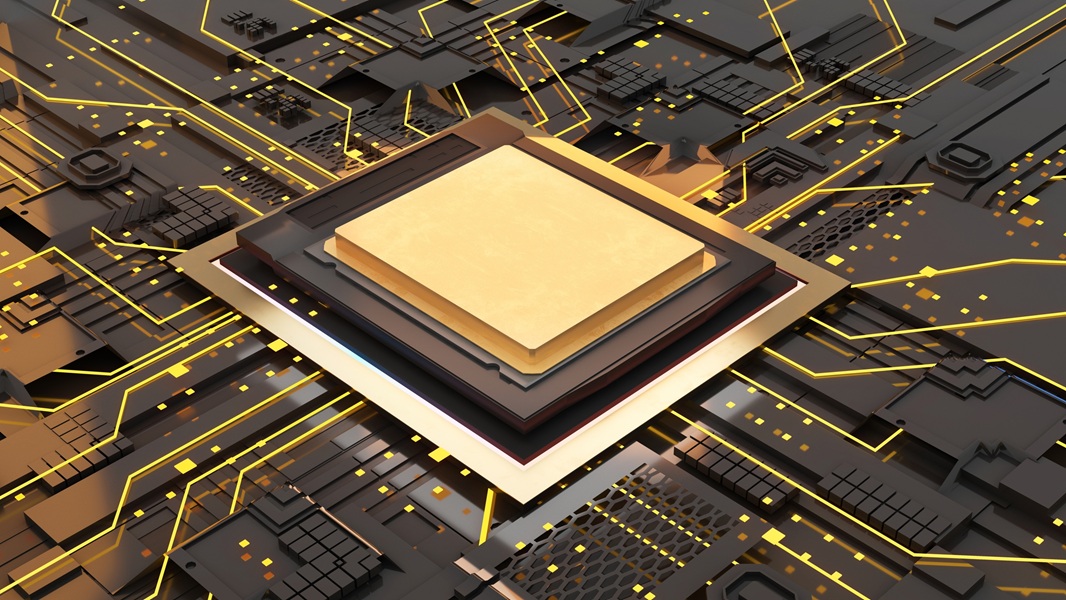
Quantum Computing Data and AI Professionals in 2026
- Pradip Mohapatra
- Education
- 2025-11-04
- 2164K
Have you ever dreamed of a computer that could solve problems so hard that those we have today would take thousands of years to find the answer? That’s what Quantum Computing promises. It is no longer science fiction — it is the next giant leap for mankind that will change how we create, learn, and communicate new forms of knowledge.
If you’re a Data and AI professional, this is more than just the next trend in which to engage; it’s your new frontier and the place that will reinvent your future.
What Makes Quantum Computing Different?
Classical computers process bits, the basic units of binary information, which can represent only 0 and 1 at any given time.
However, Quantum Computers operate with qubits that can be 0 and 1 simultaneously. This feature is known as superposition, and it enables them to do many calculations at once.
Then there is entanglement, another quantum property that can connect qubits in such a way that changing one instantaneously affects its partners — no matter how far away. Together, these principles allow quantum computers to process an incredible amount of data and solve problems that traditional computers could never touch.
In short, whereas classical computers are limited to a single path, quantum computers can check all possible paths at once, providing exponential processing power.
The Evolution of Quantum Science and Technology
Quantum concepts are not especially new; they go back at least to the early 20th century, when physicists like Max Planck and Albert Einstein started investigating weird particle behavior. But the real headway started in the 1980s when Richard Feynman proposed building computers that rely on quantum mechanics itself to simulate nature’s complexity.
Fast forward to now, and companies such as IBM, Google, and Intel are creating machines using dozens to hundreds of qubits. In 2025, Google reported a major milestone with its Willow quantum processor: fault-tolerant quantum error correction – an important development that advances us toward practical devices.
The 2030s are expected to become the decade when Quantum Advantage —the moment quantum computers exceed the performance of classical ones. (McKinsey: The Rise of Quantum Computing 2025)
Why Data and AI Professionals Should Care?
Here’s why: Quantum Computing replaces the basis of how we handle data.
- Speedier Analysis: Quantum systems have the potential to process huge datasets and solve optimization problems that would take classical machines years to complete.
- Smarter Simulations: They can simulate molecules, financial markets, and climate systems in ways they haven’t been able to do before.
- Faster Algorithms: Problems like data clustering, pattern recognition, or decision optimization could be performed exponentially faster with the help of quantum-enhanced methods.
In other words, Quantum Computing will simply multiply the capabilities of what AI and data analytics are capable of doing, but not replace them. Knowing its logic now allows you to apply it in the future when quantum-driven tools go mainstream.
As demonstrated by early adopters of this trend, as documented in a 2025 research paper, The Quantum- AI Transformation, they illustrate that quantum principles can redefine business strategy and offer organizations a tangible competitive advantage.
Understanding the Quantum Challenges
Quantum Computing doesn’t have everything solved just yet. Despite all of the potential, Quantum Computing is not yet perfect. Today's machines suffer something known as decoherence, a phenomenon whereby qubits are made unstable by the influences of the environment. This makes for calculation errors and restricts the type of operations that can be performed.
To address this, physicists are working on fault-tolerant architectures, quantum error correction, and hybrid classical-quantum models. Gradually, these innovations are inching us closer to a practical, commercial quantum computer.
Like all new tech, it takes time. But the research momentum is there — governments and private companies around the world are pouring billions of dollars into building practical systems that will work robustly in real-world conditions.
Skills You’ll Need in the Quantum Era
In the world of Data and AI, it is those who can master both Classical and Quantum worlds in the future. You don’t have to become a physicist, but developing basic quantum literacy will earn you a huge advantage.
Here’s where to start:
- First, explore the basics.
- Practice quantum programming using Tools such as IBM Qiskit, Google Cirq, and Microsoft Q#.
- Explore Quantum Algorithms such as Shor’s and Grover’s.
- The near future is a blend of classical and quantum computing; hybrid models will be the perfect way.
- Connect with quantum computing research communities, certification programs, and workshops for data professionals worldwide.
By mastering quantum skills, you won’t just future-proof your career; you’ll also be a part of the new generation shaping the next decade in computing innovation.
A Glimpse into the Future
According to the Quantum Technology Monitor Report by McKinsey, Quantum Computing could reach $2 trillion of economic value by 2035s.
As we get ready to cross that threshold, early adopters — including data scientists and analysts — will serve as crucial intermediaries for connecting the theory of AI/ML with applications. Quantum Computing isn’t a replacement for what you’re currently using; it’s an expansion of the possibilities.
Wrap Up
Quantum Computing is not just the next generation of computation but a completely new way of thinking about and processing information. As a pioneering data or AI decision maker, you are on the threshold of a future grounded in quantum logic and unconstrained processing and discovery.
Begin now, keep learning, and get ready to lead the world in the Quantum Age — where imagination meets computation.
Leave a Reply
Please login to post a comment.

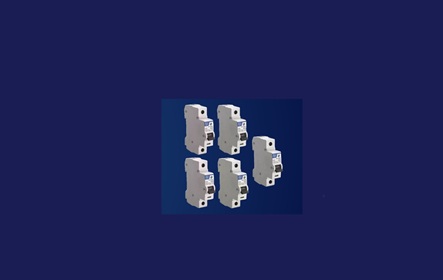
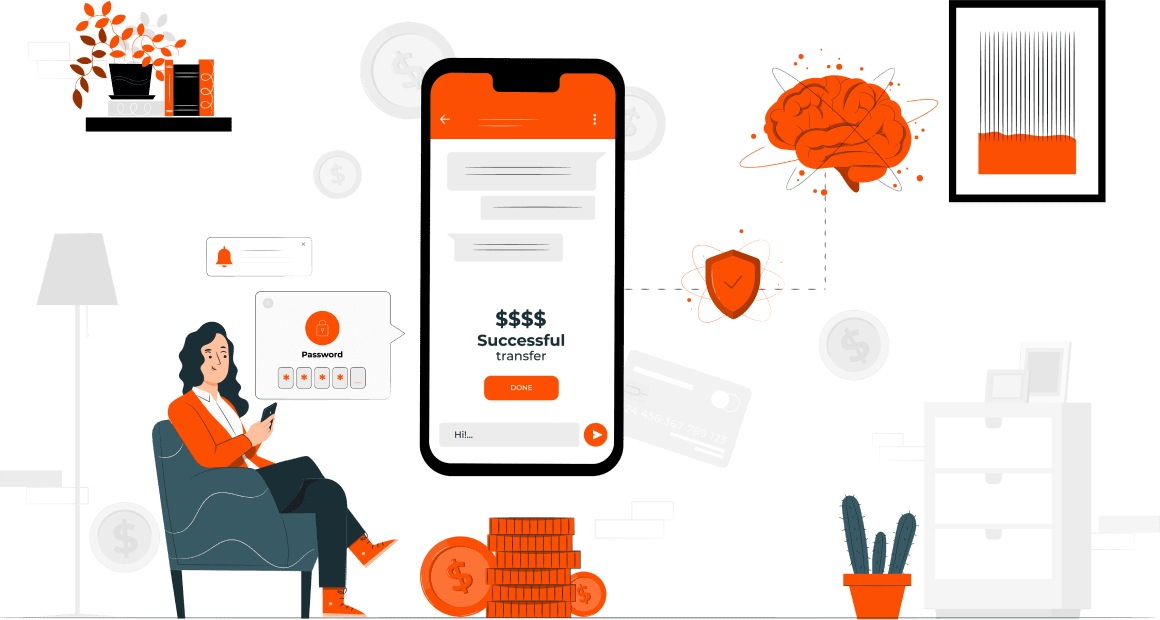

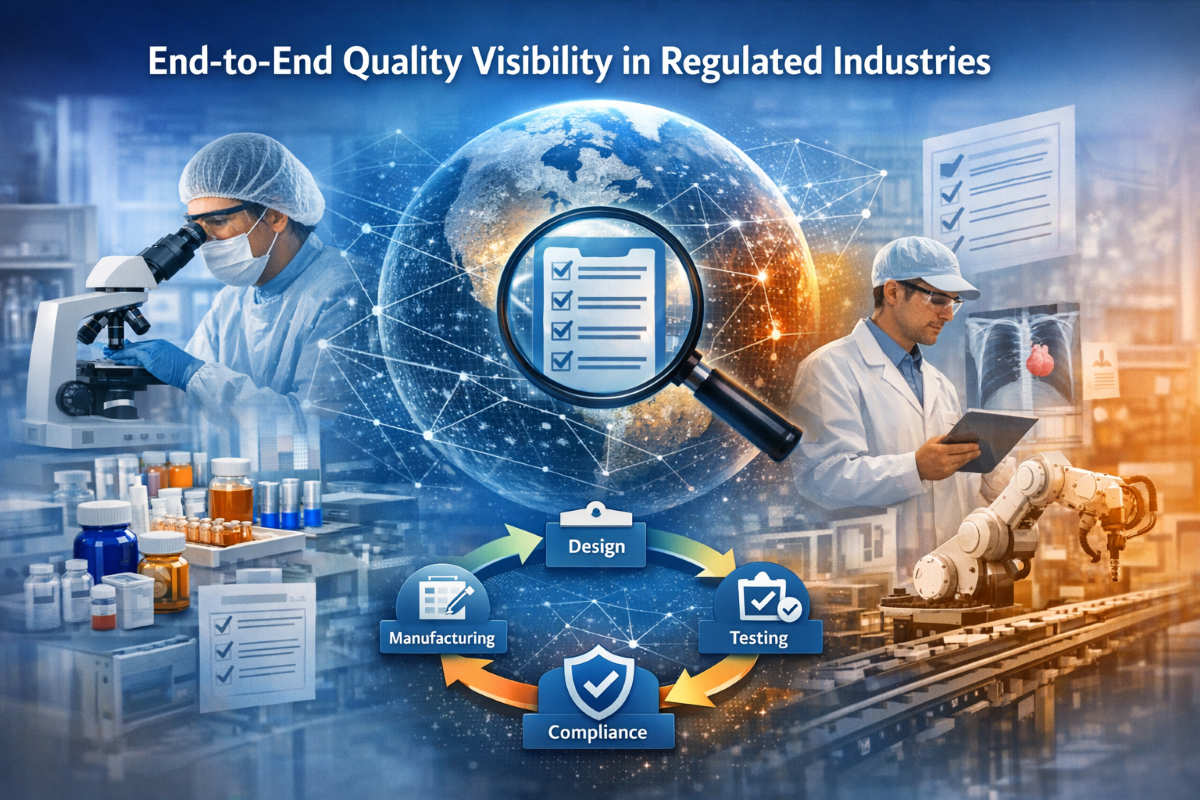
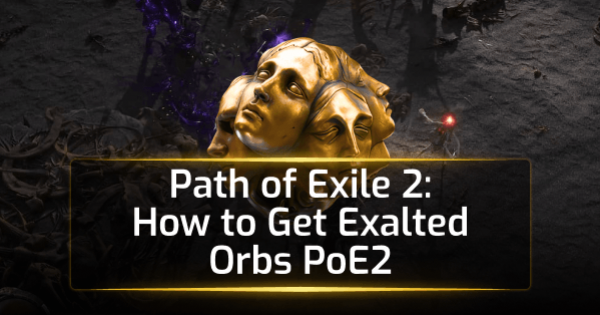




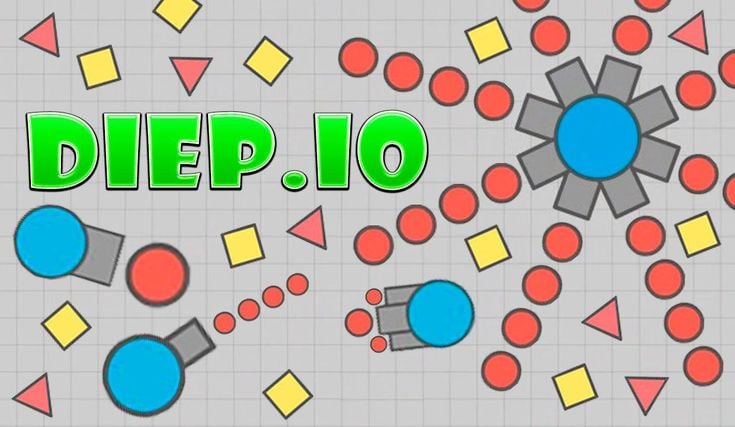

0 Comments